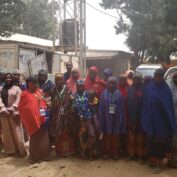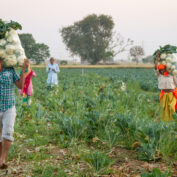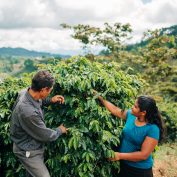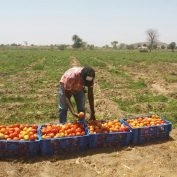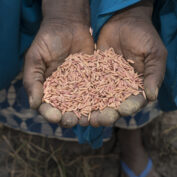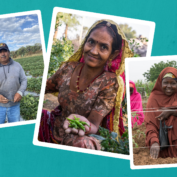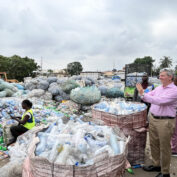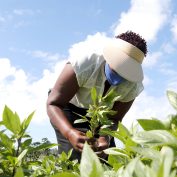Women’s Financial Inclusion and Economic Empowerment: What Community Organizations Work Best?
Do women farmers benefit from participating in women-only self-help groups, or from mixed ones? In this innovation spotlight, we highlight a new case study from Nigeria that explores how different types of community organizations impact women’s ability to access savings and exercise financial decision-making.



